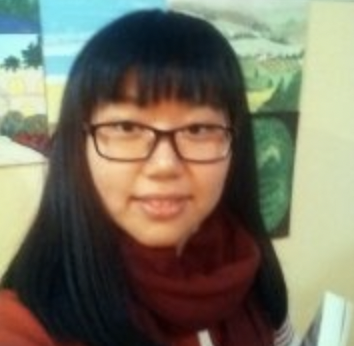
- This event has passed.
Mengmi Zhang (Harvard Medical School), “A Peek Into How Brain Computations Inspire New Paths in AI and How AI Elucidate Brain Computations”
20 January, 2022 @ 10:00 am - 11:00 am
Abstract:
The fields of neuroscience and AI have a long and intertwined history. From the study of simple and complex cells in visual areas of the brain to the recent success of convolution neural networks in many real-world applications, experimental and theoretical neuroscience has contributed significantly to designing smarter machines. In turn, AI models help us better understand brain computations that underlie biological intelligence. In my talk, I will present several efforts of deciphering brain computations by building computational models and quantifying model behaviors with human benchmarks in visual search and object recognition. Specifically, I divide my presentation into two parts. First, I will present works on predicting eye movement behaviors during visual search tasks. An intriguing property of some classical search tasks is asymmetry such that finding a target A among distractors B can be easier than finding B among A. We elucidate the mechanisms responsible for asymmetry in visual search. Second, I will introduce two works on contextual reasoning in object recognition. We systematically investigated critical properties of where, when, and how context modulates recognition in humans and machines.
Please refer to the following list of papers for details.
CVPR 2020: https://arxiv.org/pdf/1911.07349.pdf
ICCV 2021: https://arxiv.org/pdf/2104.02215.pdf
Neurips 2021: https://arxiv.org/pdf/2106.02953.pdf
Nature Communications 2018: https://www.nature.com/articles/s41467-018-06217-x.pdf
Bio:
Mengmi Zhang is a research scientist and principal investigator in Agency for Science, Technology and Research (A*STAR), Singapore. Prior to this, Dr. Zhang is a postdoc with Gabriel Kreiman at the Harvard Medical School from 2019-2021. She obtained her PhD at the National University of Singapore (2015-2019) and was a visiting graduate student in KreimanLab at the Harvard Medical School (2017-2018). Her research background is multi-disciplinary at the intersection of artificial intelligence and computational neuroscience. She has published multiple papers in top-tier conferences (such as CVPR, ICCV, IROS and NeurIPS) and international science journals (TPAMI, Nature Communications, Nature Human Behaviors). Her papers often come with humorous titles like “Finding any Waldo with zero-shot invariant and efficient visual search” or “When Pigs Fly”. She will become an adjunct assistant professor in the Department of Electrical and Computer Engineering, National University of Singapore from August 2022.
The Zoom Link will be sent the day before the lecture.





